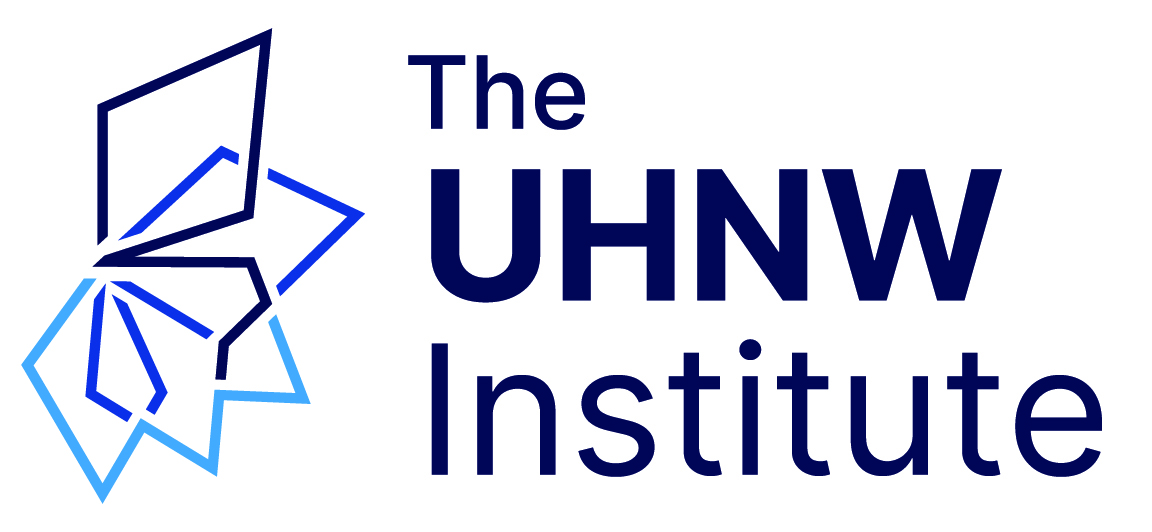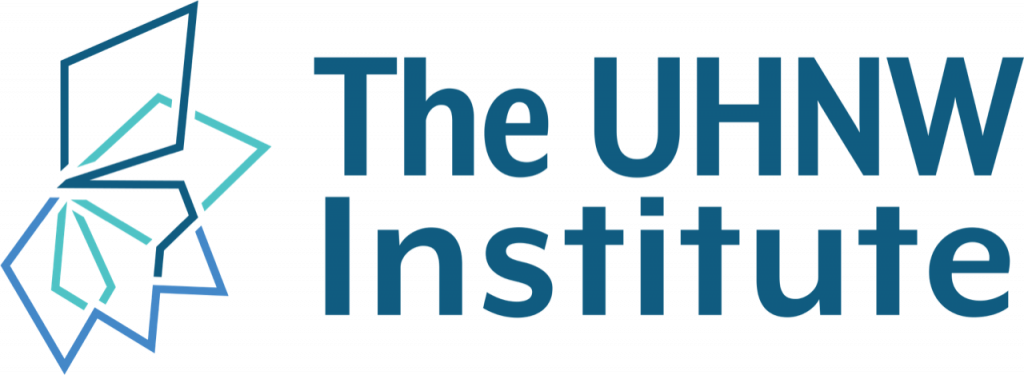Editor’s Corner: A Leap Forward
Editor in Chief
The UHNW Institute
Wealth management took a great leap forward in the decades after the emergence of financial planning in the 1970s. The ethos and expertise of the client-centric certified financial planner led the way, and the industry followed, if sometimes hesitantly.
Fast forward to today. It seems wealth management has caught up to where it should have been a couple decades ago in terms of a comprehensive financial planning orientation. The lag more recently has been in the evolution of higher levels of expertise and standards of practice. Maybe it’s time for another great leap forward.
What’s the problem? In essence, wealth management education and training simply have not kept pace with the industry’s needs. The shortcomings are most acute in matters involving ultra-wealthy multigenerational families. Yet even at lesser levels of wealth, the complexity facing today’s clients is unprecedented, and thus the need for better advisor education to cope with that complexity
The CFP curriculum, an exemplary accomplishment in its time, was developed almost 50 years ago. That was before personal computers, spreadsheets, the Internet, robo-advisors and the independent wealth management industry even existed. The curriculum has been tweaked over the years but not expanded and modernized. Specialty professional designations and education programs have helped address some evolving (albeit narrow) needs. They do little to prepare practitioners to deliver comprehensive, integrated advice in a high-tech world.
The situation begs for a broader and deeper curriculum in wealth management education to help entry- and mid-level practitioners master the discipline without spending years in on-the-job training. That’s just what Columbia University’s School of Professional Studies will begin offering this year with its new Master’s in Wealth Management program.
It’s the first of its kind at an Ivy League school. It also may be the first to use the full CFP curriculum as a foundation for a broader and thoroughly modern advanced degree in wealth management.
“The curriculum will be quite robust and challenging,” says Bill Woodson, a founder of the UHNW Institute who is also serving on the faculty of the new Columbia program. “The goal is to prepare a student for a career in wealth management, not just to become a Certified Financial Planner.”
The program meets the education requirements for CFP certification. Then it takes a much broader approach. Other areas of study, says Woodson: the history and competitive structure of wealth management, trends in the industry, including new technologies and non-traditional competitors and delivery methods. Client relationship management and communications best-practices are part of the syllabus, as are family offices.
Says Woodson: “A portion of the curriculum is dedicated to helping students better understand family offices, their archetypes, services, organizational and behavioral attributes, managerial insights, and unique dynamics, both in terms of advising them and working for them.”
The program will be available online with asynchronous instruction, meaning students can access lectures and materials whenever they want. “By solving complex, real-world, open-ended problems,” says Woodson, “our students will acquire the skills and knowledge to become more effective wealth management practitioners.”
For more information, see Family Wealth Report’s recent profile of the Columbia program HERE.

